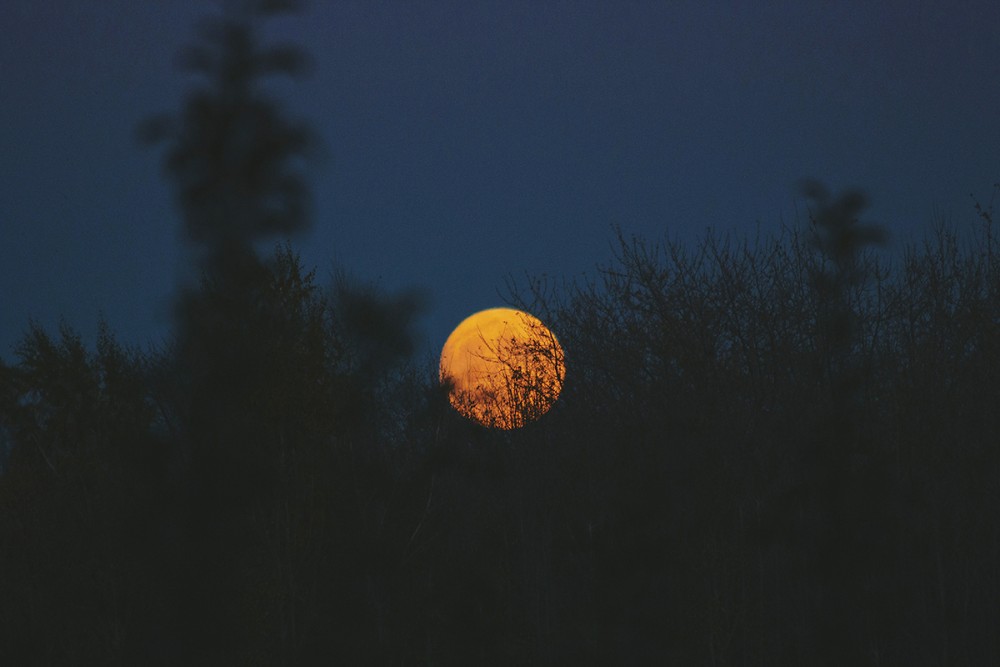The pandemic has deepened my insomnia—and my prayers
As I lie awake, it seems right to join those who address God with different names than I use.

Insomnia is bothering a lot of us now. It isn’t easy to let go of the day’s news reports, worries, and fears. Emily Dickinson writes of the “larger—Darknesses— / Those Evenings of the Brain” when we’re unable to sleep, our thoughts running wild. “The Bravest,” she says, “grope a little,” until “they learn to see” and
Either the Darkness alters—
Or something in the sight
Adjusts itself to Midnight—
And Life steps almost straight.
But what allows this glimpse of light in the darkest hour of the night? What do we do as we struggle at 2 a.m. to fall asleep again?





